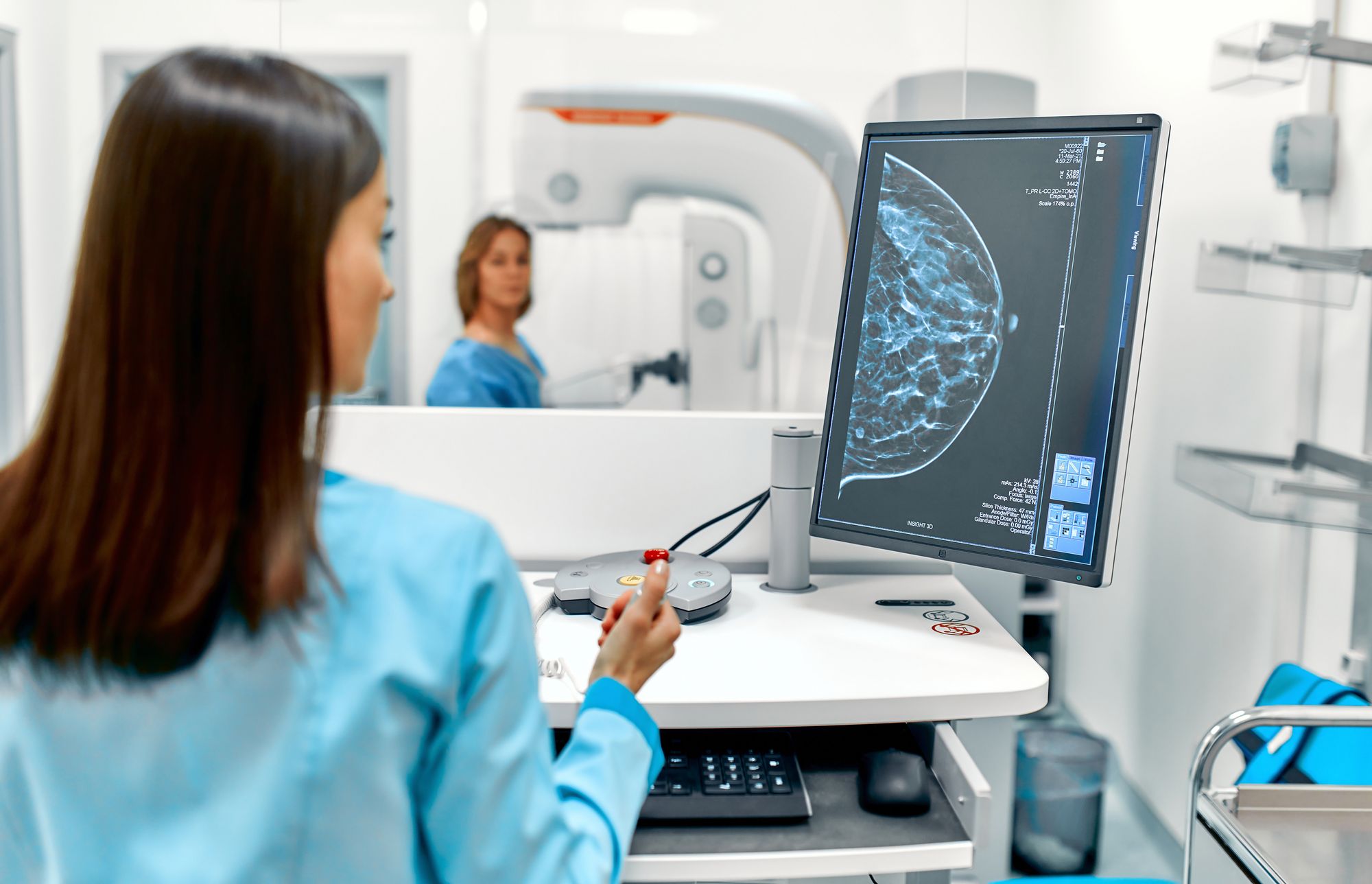According to a recent report from the American Cancer Society, lung and colorectal cancers remain the leading causes of cancer deaths and are expected to continue this trend in 2023.
While there has been a significant decrease of 33% (equivalent to nearly 3.8 million lives) in cancer deaths since 1991, the society predicts that there will be almost 2 million new cancer cases and over 600,000 deaths in the United States this year.
To avoid becoming one of these statistics and succumbing to lung or colorectal cancer, here are some things to look out for.
1) Signs and Symptoms of Lung Cancer

Smoking is a major risk factor for developing lung cancer. If you smoke, your chances of getting lung cancer increase significantly.
Aside from smoking, there are several common symptoms of lung cancer to be aware of. These include a persistent cough that gets worse over time, chest pain, wheezing, shortness of breath, coughing up blood, and chronic fatigue. Additionally, lung cancer can lead to recurrent infections like bronchitis or pneumonia.
If you experience any of these symptoms, it's important to consult a doctor as soon as possible. Early detection and treatment of lung cancer can greatly improve your chances of successful treatment and recovery.
2) Additional Signs and Symptoms of Lung Cancer

When lung cancer metastasizes or spreads to other parts of the body, it can cause a variety of symptoms beyond those that are specific to the lungs.
These symptoms may include pain in the back or hip bones, neurological symptoms such as dizziness, weakness or numbness, jaundice of the skin or whites of the eyes, or swelling of the lymph nodes.
If you have been diagnosed with lung cancer or are experiencing any of these symptoms, it is important to talk to your doctor as soon as possible. Early detection and treatment of metastatic lung cancer can improve your chances of successful treatment and management of the disease.
3) Syndromes Associated with Lung Cancer

In addition to the common symptoms of lung cancer, there are several syndromes that can be associated with the disease.
Horner syndrome, for example, can occur when there are tumors in the upper part of the lung that affect nerves in the face or eye. This syndrome is characterized by drooping eyelids, small pupils, and even shoulder pain.
Another syndrome linked to lung cancer is superior vena cava syndrome, which is caused by tumors of the large blood vessel that connects the heart with the head and arms. Symptoms of this syndrome can include swelling or edema of the upper body, including the face, as well as other neurological symptoms.
There are several other syndromes that can be associated with lung cancer, and it's important to speak with your doctor to learn more about them. Recognizing these syndromes and seeking prompt medical attention can help improve your chances of successful treatment and management of lung cancer.
4) Screening for Colorectal Cancer

Colorectal cancer is a type of cancer that can go undiagnosed for a long time before symptoms appear. To catch it early, the federal government recommends that adults between the ages of 45 and 75 get screened for colorectal cancer. For those above the age of 75, it is recommended to discuss screening with a doctor.
Screening for colorectal cancer can include stool tests either in a doctor's office or through a home test once every three years. In-office tests can include flexible sigmoidoscopy, in which a doctor inserts a lighted tube into the rectum to check for polyps or cancer in the lower third of the colon, and full colonoscopy, which uses a longer tube to check the entire colon.
The recommended frequency of these tests can vary depending on the type of test and individual risk factors. Generally, in-office tests are recommended once every five or 10 years, depending on whether stool tests are conducted in intervening years. It's important to talk to your doctor to determine the best screening schedule based on your personal health history.
If you are between the ages of 45 and 75, don't wait until symptoms appear to get screened for colorectal cancer. Regular screening can help detect the cancer early, when it's most treatable.
5) Signs and Symptoms of Colorectal Cancer

Colorectal cancer can cause a variety of symptoms that can indicate the presence of the disease.
Some of the most common symptoms include a change in bowel habits, such as diarrhea or constipation, rectal bleeding or blood in the stool, abdominal pain or cramping, and unintended weight loss. Another symptom to look out for is a persistent feeling that you need to have a bowel movement, even after one has occurred. In some cases, colorectal cancer can also cause a low red blood cell count.
If you experience any of these symptoms, it's important to consult your doctor as soon as possible. Early detection and treatment of colorectal cancer can greatly improve your chances of successful treatment and recovery.

